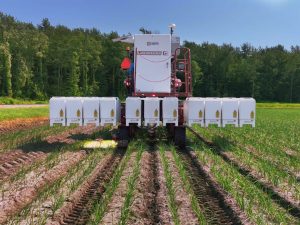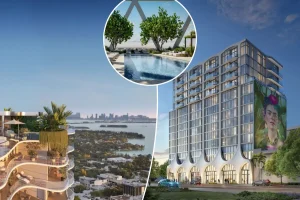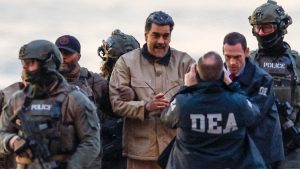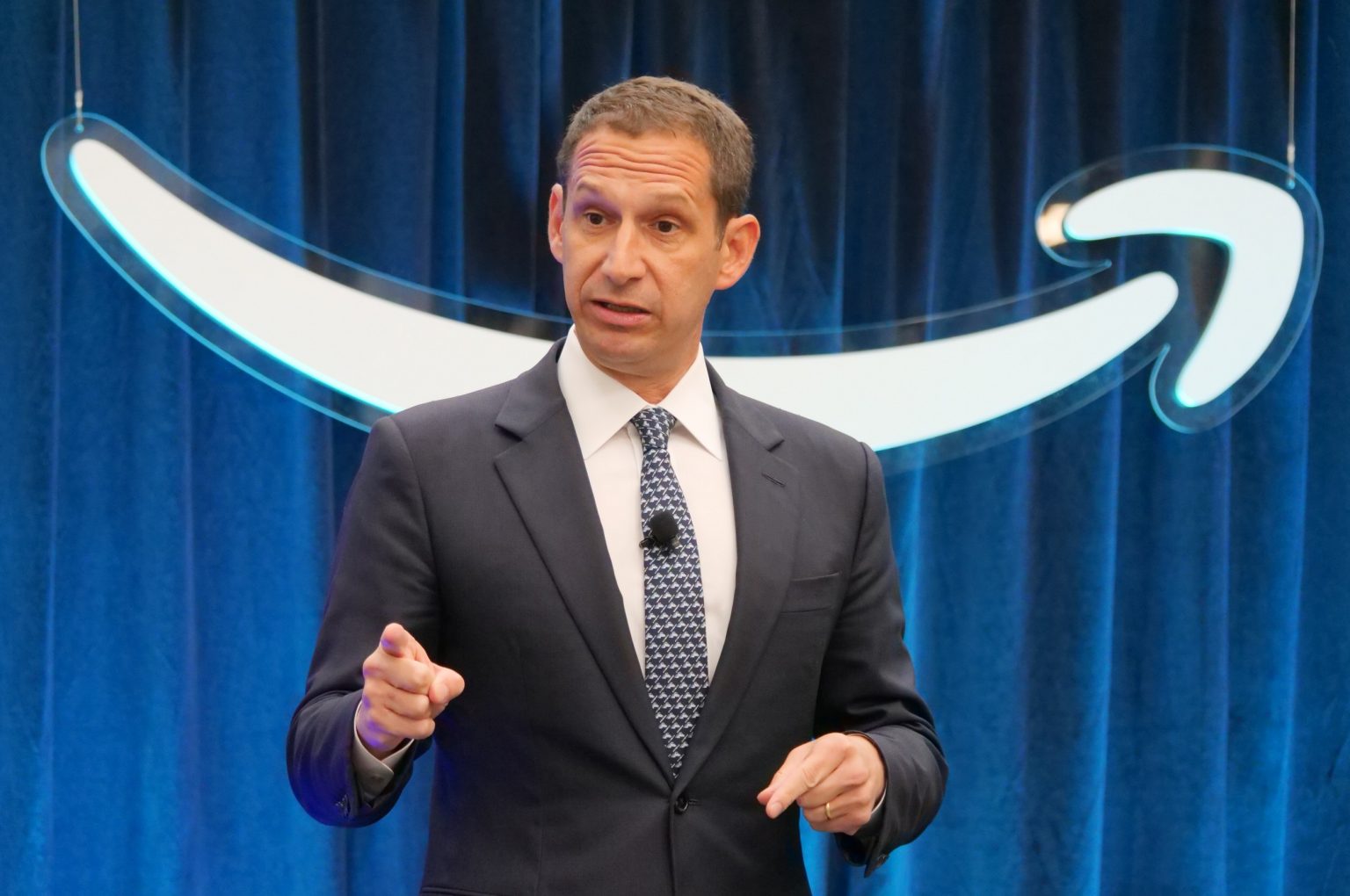San Francisco’s Renaissance: A Mayor’s Vision Amid National Scrutiny
In the face of renewed federal intervention threats from President Trump, San Francisco Mayor Daniel Lurie made a compelling case for his city’s revival during an Amazon event at the San Francisco-Marin Food Bank. Without directly addressing Trump’s proposal to deploy the National Guard, Lurie confidently countered the prevailing narrative of urban decline that has plagued the city’s reputation. “I want you to tell everybody, wherever you come from, that San Francisco’s on the rise,” he declared to the assembled journalists. “You tell them there’s a new mayor in town, that we’ve got this, and we do.” His passionate defense of San Francisco came at a pivotal moment, as the city works to reshape its image while navigating the complex challenges of post-pandemic recovery in one of America’s most iconic urban centers.
The mayor’s optimism wasn’t just rhetorical flourish – he backed his claims with compelling statistics that paint a picture of genuine progress. “Every single metric is heading in the right direction,” Lurie asserted, noting that violent crime has fallen to its lowest level since the 1950s and car break-ins are at a 22-year low. These improvements represent significant progress for a city that has frequently made headlines for public safety concerns and quality of life issues. Lurie, who took office earlier this year, has made addressing these challenges central to his administration’s agenda. His appearance at Amazon’s event provided a strategic platform to reframe the conversation about San Francisco, emphasizing tangible improvements rather than the problems that have dominated national news coverage and social media portrayals of the city.
Central to Lurie’s vision of San Francisco’s renaissance is its pivotal role in the artificial intelligence revolution. He proudly highlighted how the city has become an epicenter of AI innovation, home to industry leaders like OpenAI and numerous other cutting-edge tech companies. “San Francisco is open for business again,” Lurie declared, suggesting that the concentration of AI talent and investment represents not just economic opportunity but a vote of confidence in the city’s future. This framing cleverly positions San Francisco’s challenges as growing pains rather than terminal decline. The mayor emphasized that other city leaders would “die to have one of the many AI companies based in San Francisco,” underscoring the competitive advantage the city maintains despite its well-publicized struggles with homelessness, housing affordability, and public drug use that have dominated headlines in recent years.
The setting of Lurie’s remarks – an event showcasing Amazon’s partnership with the San Francisco-Marin Food Bank – provided a perfect backdrop for highlighting the kind of public-private collaboration he believes will drive the city’s continued revival. Amazon executives detailed how their delivery network brings food directly to community members unable to access food pantries, part of a program that has delivered over 60 million meals across the US and UK. The company announced its commitment to continuing this vital service through 2028, demonstrating a long-term investment in community welfare. Lurie praised the partnership as “a model for other companies,” adding that “Amazon is showing that they are committed to San Francisco.” This emphasis on corporate citizenship aligns with the mayor’s broader strategy of encouraging private sector involvement in addressing public challenges – from food security to affordable housing – rather than relying solely on government solutions.
The timing of Lurie’s remarks carried particular significance, coming just before Amazon’s annual “Delivering the Future” event showcasing its latest robotics and logistics innovations. The presence of journalists from around the world gave the mayor an international platform to counter the narrative of urban decay that has dogged San Francisco. While Trump and other critics have painted the city as a cautionary tale of progressive governance gone wrong, Lurie presented it instead as a resilient hub of innovation and economic vitality. By highlighting how Amazon has adapted its community engagement to focus on food security in San Francisco while addressing affordable housing in Seattle, the event also underscored how different urban challenges require tailored solutions. This nuanced approach stands in stark contrast to the one-size-fits-all federal intervention threatened by the President.
San Francisco’s story, as presented by Mayor Lurie, reflects the complex reality of American cities in 2025 – grappling with post-pandemic challenges while also serving as engines of innovation and economic growth. His emphasis on measurable improvements in public safety, combined with the city’s central role in the AI revolution, offers a more balanced perspective than the simplistic narratives that often dominate national discourse. Rather than denying problems exist, Lurie’s approach acknowledges past challenges while highlighting tangible progress and outlining a vision for continued revival. As journalists departed to witness Amazon’s technological innovations, they carried with them the mayor’s passionate defense of a city determined to write its next chapter. Whether San Francisco can fully realize the renaissance Lurie envisions remains to be seen, but his determined advocacy makes clear that reports of the city’s demise have been greatly exaggerated. The AI boom, declining crime rates, and innovative public-private partnerships like the Amazon food delivery program suggest that behind the sensationalist headlines lies a more nuanced and hopeful urban story.















